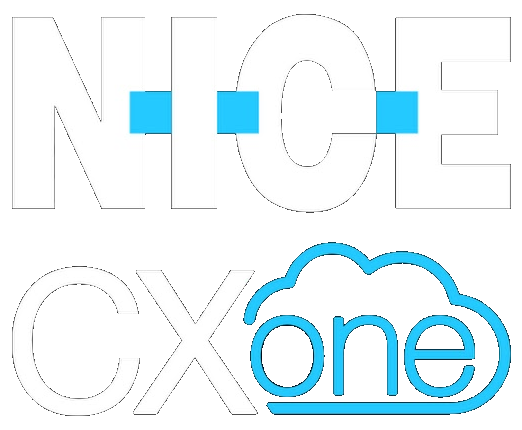Practicing Empathy and Mindfulness: A Guide for Contact Center Supervisors
Introduction
Get Started
1. Understand the Power of Empathy and Mindfulness:
Empathy allows you to understand and share the feelings of your team members, fostering a supportive and understanding work environment. Mindfulness, on the other hand, keeps you present and focused, enabling you to give your full attention to the task or person at hand.
2. Cultivate Empathy:
Cultivating empathy involves active listening and validation. When interacting with your team members, strive to understand their perspectives and validate their feelings. This doesn't mean you have to agree with them, but simply acknowledging their feelings can go a long way in building trust and rapport.
3. Practice Mindfulness:
Practicing mindfulness involves being fully present in the moment. This can be challenging in a busy work environment, but simple techniques such as focusing on your breath or grounding yourself in your physical senses can help.
4. Balance Your Responsibilities:
As a supervisor, you're often pulled in multiple directions. It's important to balance your responsibilities effectively, ensuring that you're giving adequate attention to your team, your superiors, and yourself.
5. Prioritize Self-Care:
In order to take care of others, you must first take care of yourself. Ensure you're getting adequate rest, nutrition, and relaxation. This will not only improve your own wellbeing, but also your effectiveness as a leader.
6. Keep a Record of Interactions:
Maintaining a record of your interactions with team members can provide valuable insights for future coaching and support sessions. It allows you to track progress, identify patterns, and measure the impact of your support.
7. Continuously Improve:
Seek feedback regularly and use it as an opportunity for growth. Remember, the most effective leaders are those who are committed to continuous learning and improvement.
Mindfulness and Empathy Checklist:
Before each agent support interaction, refer to this checklist to help establish the optimal mindset:
- Pause: Take a moment to clear your mind of other tasks and focus on the upcoming interaction.
- Breathe: Take a few deep breaths to center yourself and reduce stress.
- Empathize: Remind yourself of the agent's perspective and challenges.
- Intention: Set a clear intention for the interaction. What do you hope to achieve?
- Presence: Commit to being fully present during the interaction, giving the agent your full attention.
- Openness: Approach the interaction with an open mind and a willingness to listen and understand.
- Positivity: Cultivate a positive mindset. Remember, your energy can influence the tone of the interaction.
Remember, your role as a supervisor is pivotal in shaping the experiences of your team members and the success of your organization. By practicing empathy and mindfulness, you can lead with compassion and effectiveness, creating a positive impact on your team and beyond.
Your Path to Mastery: Debunking Myths and Celebrating Your Commitment to Learn
Objection 1: "Empathy and mindfulness are too 'soft' or 'touchy-feely' for the business world."
Rebuttal: While empathy and mindfulness might seem like 'soft' skills, research has shown that they can have a significant impact on business outcomes. Empathetic leaders are better able to understand and respond to the needs of their team members, leading to higher job satisfaction, lower turnover, and improved performance. Mindfulness can help leaders to be more focused, make better decisions, and manage stress more effectively.
Objection 2: "I don't have time for mindfulness practices."
Rebuttal: It's a common misconception that mindfulness requires a significant time investment or that it involves lengthy meditation sessions. In reality, mindfulness is about being fully present and engaged in whatever you're doing. This can be practiced at any time, whether you're in a meeting, responding to an email, or having a conversation with a team member. Even a few minutes of focused mindfulness practice each day can have significant benefits.
Objection 3: "I'm not sure how to measure the impact of empathy and mindfulness."
Rebuttal: While it's true that empathy and mindfulness are not as easily quantifiable as some other business metrics, there are ways to measure their impact. For example, you might look at changes in employee engagement, job satisfaction, or turnover rates. You could also consider feedback from team members or observe changes in the quality of team interactions. Acuity's comprehensive performance management platform can help you track these and other relevant metrics.
Objection 4: "I don't need a platform like Acuity to practice empathy and mindfulness."
Rebuttal: While it's true that you can practice empathy and mindfulness without a platform like Acuity, Acuity can significantly enhance your efforts. It provides a structured, data-driven approach to performance management, which can help you to be more intentional and effective in your leadership. Plus, Acuity's gamification features can help to engage and motivate your team, further enhancing the benefits of your empathy and mindfulness practices.













